What extreme heat does to your body
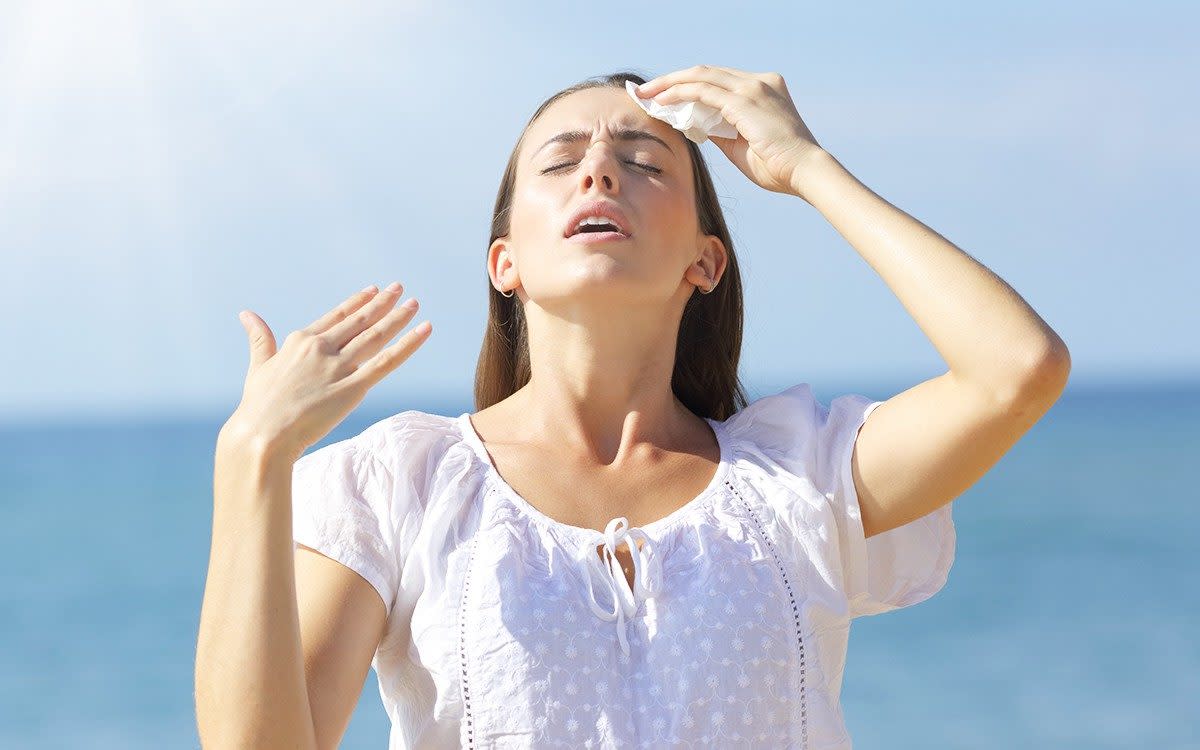
A four-day heat health alert has come into effect as temperatures are expected to climb to 31C (88F) in some parts of England on Wednesday June 25. The Met Office and the Government’s health agency (UKHSA) have issued yellow warnings, meaning the warmer weather is likely to affect those who are particularly vulnerable.
Looking after your health as temperatures soar is crucial for everyone, especially as we begin to experience the hottest days of the year so far.
Prof Mark Whiteley, a consultant venous surgeon and founder of The Whiteley Clinic, explains: “We have to keep a consistent internal body temperature of 37 degrees otherwise the enzymes in our cells and cell walls start changing shape and that can cause irreversible damage.
“Think of an egg white – once you cook it, you see that protein turn white, and it won’t go clear again even if it cools down.”
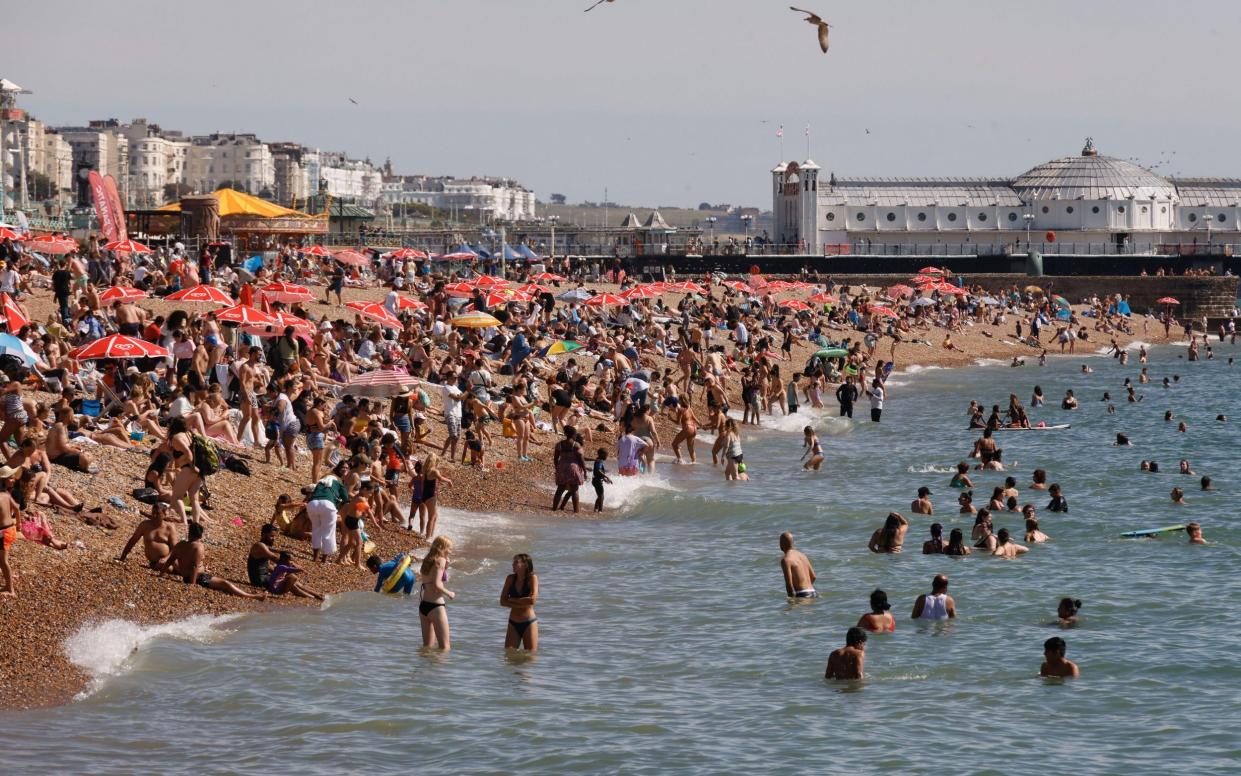
He adds: “If you get too hot, the processes in your cells don’t work. That’s what kills you. Everything else from dehydration to vein dilation are secondary issues with their own side effects.
“Once you get over about 42C internally, you get heatstroke. Your mental functions start shutting down and your cells stop working.
“Everything else you might notice about getting unwell in the heat is just the systems that are trying to keep you cool, failing one by one.”
Symptoms of heatstroke include a high body temperature (above 40C), altered mental state, confusion, dizziness, hot and dry skin, rapid heartbeat, a loss of consciousness and, eventually, death.
While there is always some variance between individuals, the elderly, young children and individuals with medical conditions can be far more susceptible.
“Infants and older individuals have a less efficient thermoregulatory system,” says Dr Chun Tang, a medical director and GP at Pall Mall Medical.
“Babies and older people may be more prone to dehydration due to reduced fluid intake, or an inability to communicate thirst. Babies have undeveloped sweat glands, while they sometimes stop working as well in older people, which leads to a decreased ability to dissipate heat.”
It is not just babies and those of advanced age who should be careful in the heat. Even healthy adults in the prime of their lives can have fatal reactions to becoming too hot.
The most obvious cause of death in the heat is dehydration as the body loses water through sweat in order to try to cool itself down, but its impact can be felt very differently across different parts of the body.
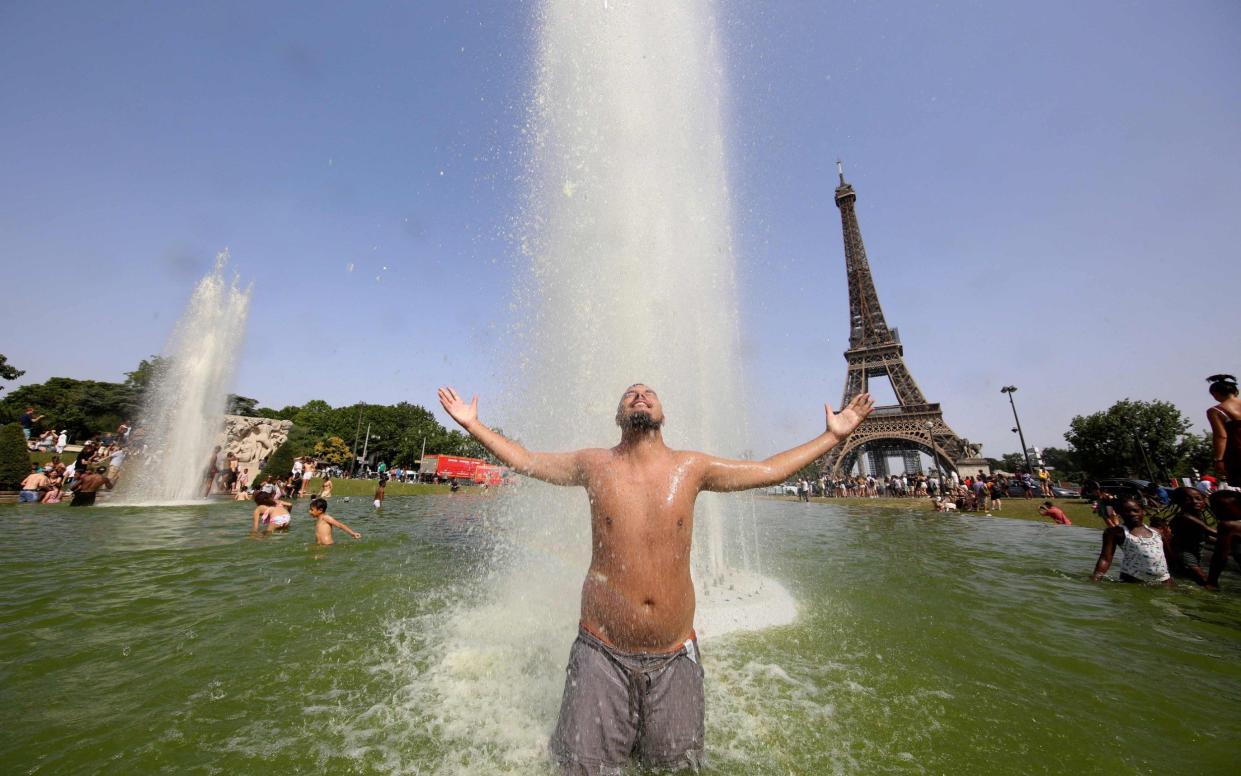
Look after your heart
Dr Tang explains: “High temperatures can place extra stress on the cardiovascular system, as the body works harder to cool itself down, and moves more blood to the functions that do that.
“This can lead to an increased heart rate, elevated blood pressure, and potentially exacerbate underlying heart conditions.”
In short, this means you’re much more likely to have a heart attack when you’re hot.
Prof Whiteley says: “When you get hot, your veins get very dilated, especially on your head and scalp, which is where you lose a lot of heat.”
This can cause veins to look bigger and the skin to look redder as the blood is diverted close to the surface to cool down. You will particularly notice this in your face because the body loses most heat from the head.
More worrisome is the increased risk of blood clots when you’re very hot.
“When you’re dehydrated, water leaves the blood to be sweated out, so you get more cells in the blood, making it thicker and stickier, increasing the chance of a clot,” says Prof Whiteley.
“It can also damage the lining of the blood vessels which can lead to varicose veins. If you’re trying not to move to keep cooler, that means the blood isn’t flowing as quickly.
“That increases the chance of a clot. If you’re very dehydrated, maybe drinking alcohol – which dehydrates you even more – and then on top of that you have varicose veins, your risk of getting a clot in the veins of your legs is reasonably high.
“If that clot gets to your lungs, then it can cause a pulmonary embolism, preventing blood from getting oxygen which can cause a heart attack.”
For this reason, Prof Whiteley advises that it is important to keep moving, even slightly, on top of ensuring you drink plenty of fluids in hot weather.
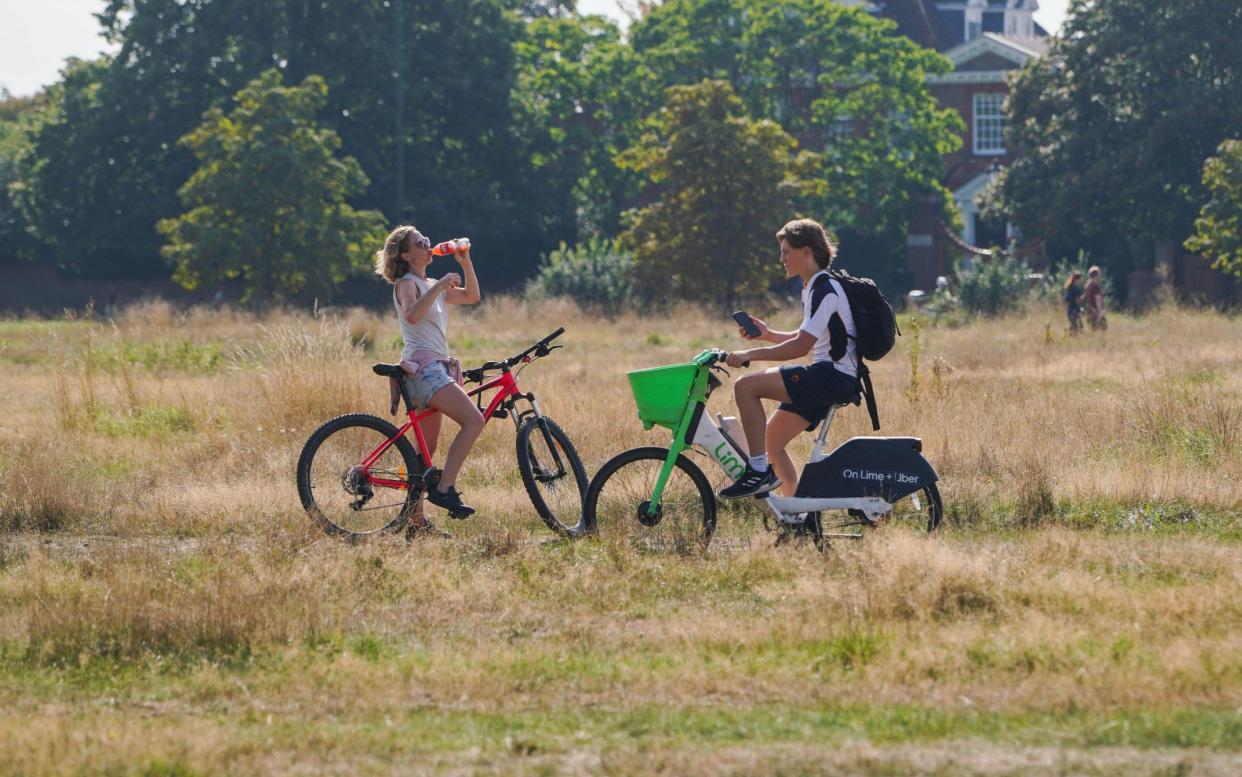
Let the oxygen flow
Dr Tang adds: “In extreme heat, the air can become dry, hot, and polluted. This can irritate the upper respiratory system and cause it to constrict and exacerbate existing respiratory conditions such as asthma.”
In extreme cases, this “broncho-constriction” can cause people to experience a shortness of breath because the irritation of the upper respiratory system is stopping the body from being able to transport as much oxygen to the lungs.
In hot weather especially, the body trying to maintain a normal temperature requires extra oxygen, which can be dangerous, especially in people with asthma.
Prevent swollen ankles
“In hot weather, the body may retain more fluid as a response to heat and dehydration,” explains Dr Tang.
“This can lead to swelling in the feet and ankles called oedema. It can also be caused if you aren’t moving as much due to the heat.”
While the condition is more unsightly than dangerous, it can be uncomfortable. The swelling should go down by itself, but it can help to raise the feet and ankles above the legs to help the fluid drain out of them.
Keeping well-hydrated prevents the body from holding onto fluids.
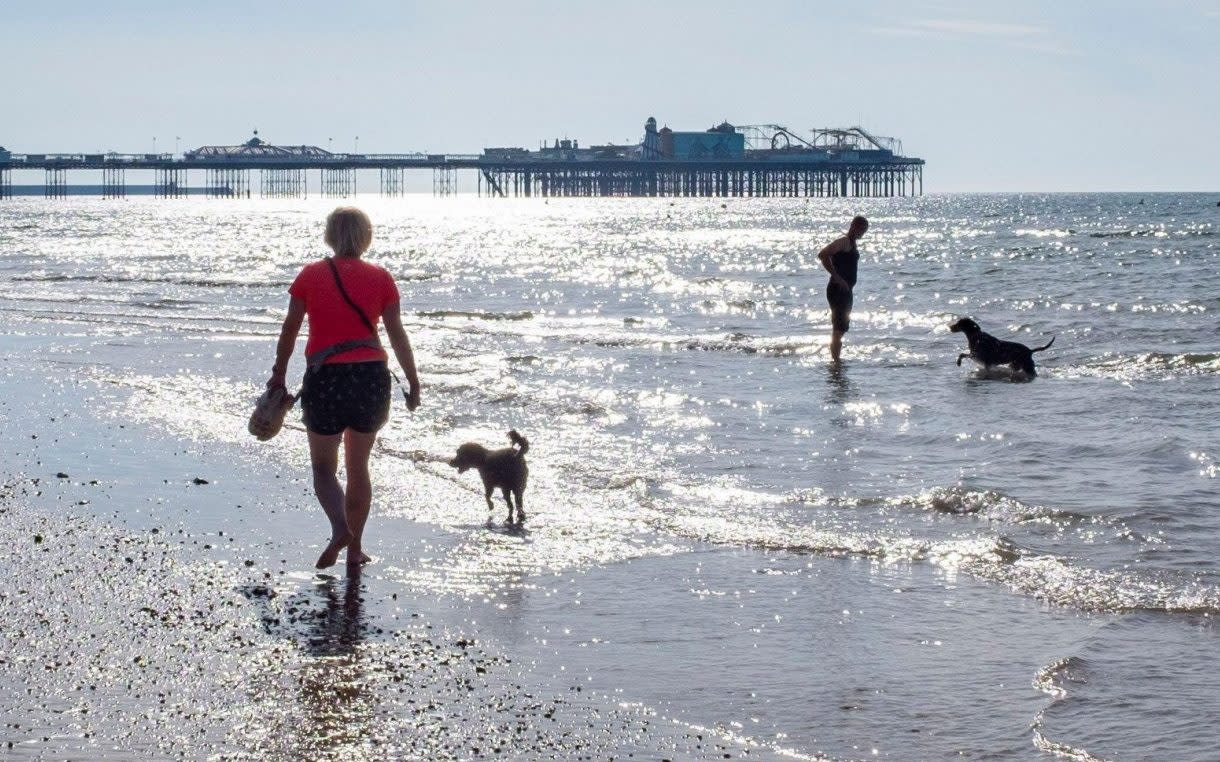
Keep your cognitive functions in check
Dehydration causes headaches because when your brain loses water, it shrinks. What you’re feeling is your brain tissue pulling away from your skull, putting pressure on nerves. But it gets worse.
“High temperatures can impair cognitive function, affecting attention, memory, decision-making, and concentration,” says Dr Tang.
“Heat-related cognitive impairment can lead to decreased productivity, impaired judgement, and increased risk of accidents or mistakes.”
As the body tries to divert blood to the skin to cool down, the brain is getting less than it needs. Sweating causes the body to lose vital minerals such as salt and electrolytes.
Dr Tang explains: “These are required for sending signals to the rest of the body. If these nerves are less able to function, it can result in fatigue and lethargy.
“It can become more challenging to concentrate and perform mental tasks effectively. You’ll soon see decreased alertness and overall mental and physical sluggishness.”
Drinking water is key, but it might be worth considering other ways to replenish your electrolytes.
“Focus on consuming foods naturally rich in potassium, magnesium, and sodium,” advises Claudia le Feuvre, a nutritional therapist at Goldster, a health app. “Bananas, avocados, coconut water, leafy greens and natural sea salt are all excellent sources.”
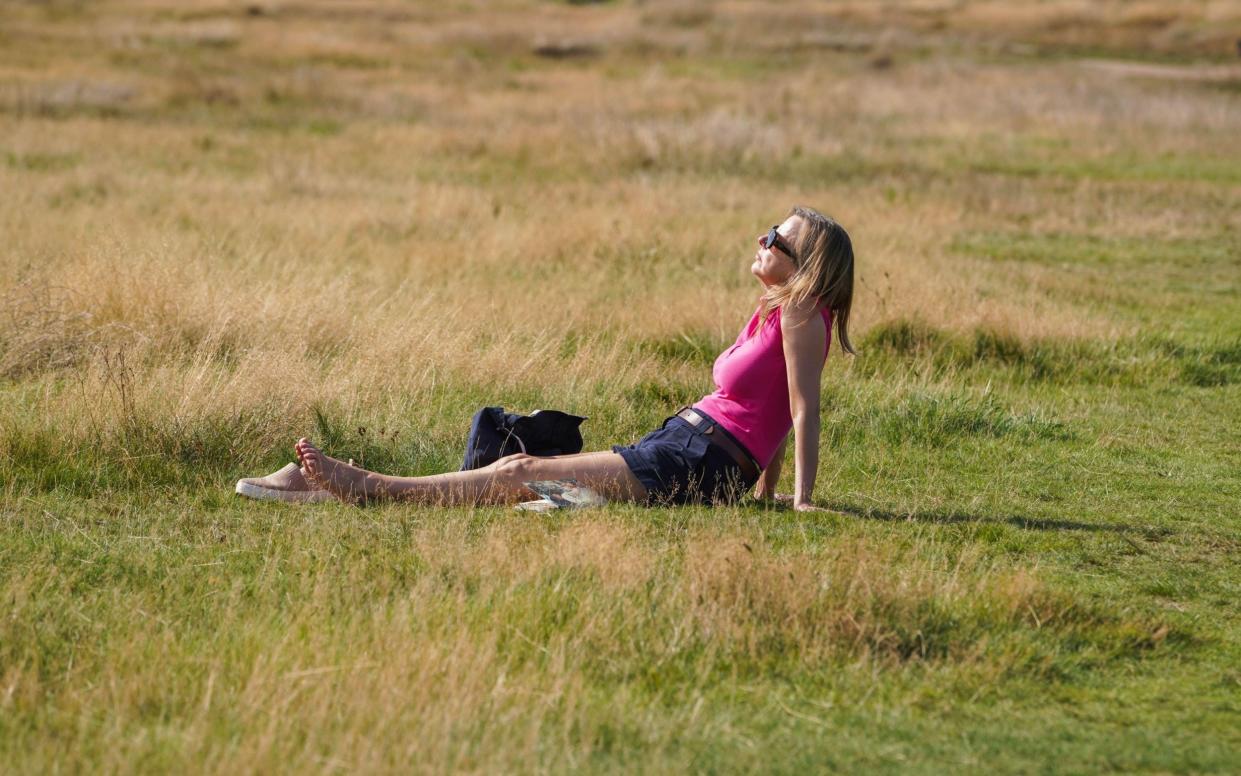
Watch out for muscle cramps
The loss of minerals in the blood can also cause cramps. Potassium is a mineral which is lost via sweat, but important in muscle function, and losing it can cause painful heat cramps.
“Heat cramps are painful muscle contractions or spasms that occur during or after intense physical activity in high temperatures,” notes Dr Tang.
“They result from electrolyte imbalances and dehydration and particularly affect the calves, arms, abdominal wall and back, though they can affect any muscle which you’re using.”
Unlike regular muscle spasms which you might get after exercise, heat cramps are significantly more intense and prolonged. You also do not need to be doing any particularly intense movements before they strike.
Be vigilant about your skin
While you might be more worried about the UV rays in sunlight causing a sunburn, or even skin cancer, when you go on holiday, intense heat at any time of year brings its own problems.
Dr Tang says: “Heat rash, also known as prickly heat, can occur in hot and humid conditions when sweat ducts become clogged, leading to small red bumps or blisters on the skin.”
Appearing much like sunburn, the rash can become painful if one puts pressure on it and is often itchy. Taking cool baths or showers can help clean out the pores, preventing the rash from forming in the first place.
You should also try to avoid applying anything to the skin which might block pores, including sun cream and deodorant.
Wearing loose clothing to keep the skin cooler and staying properly hydrated also helps.
